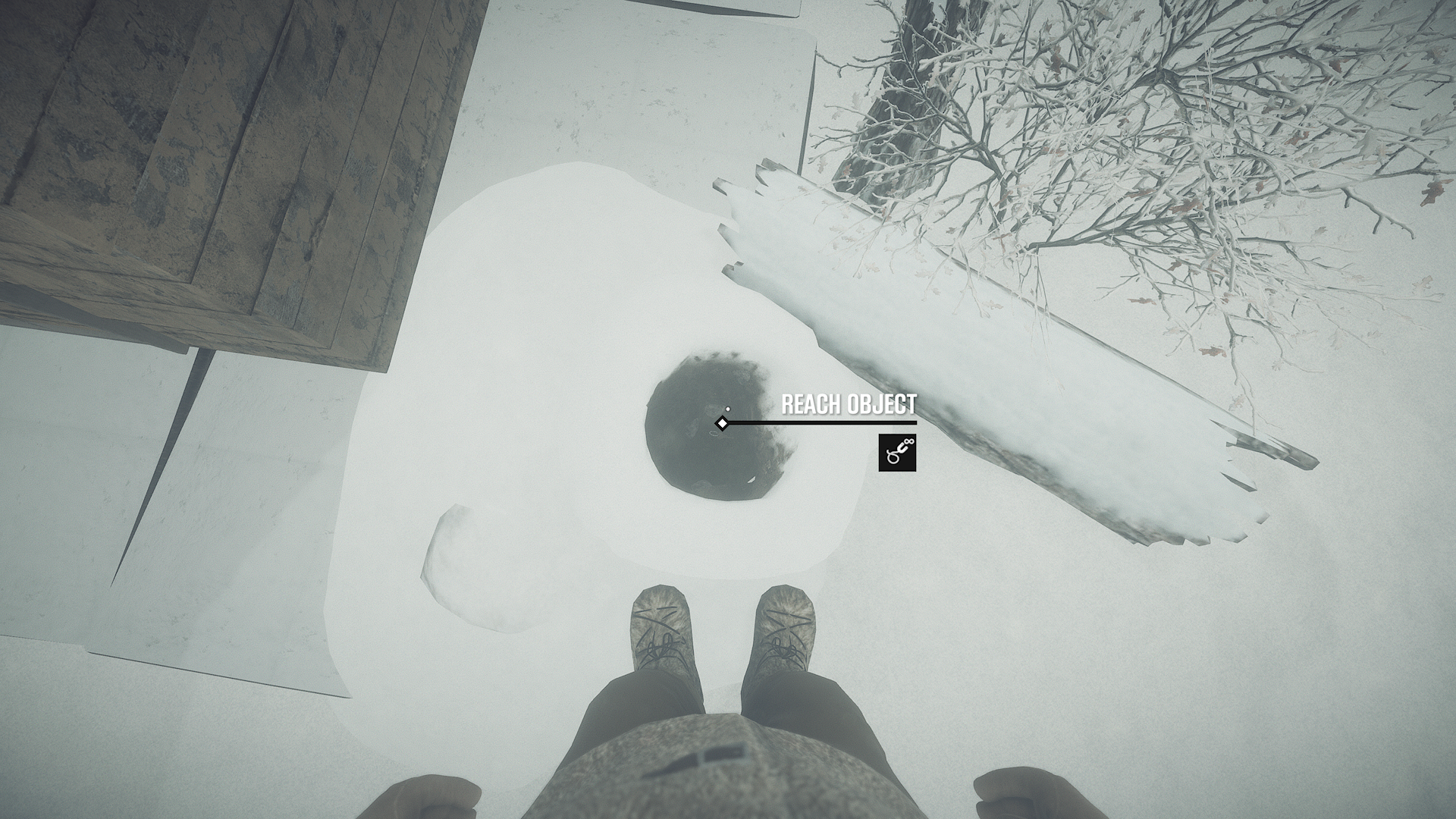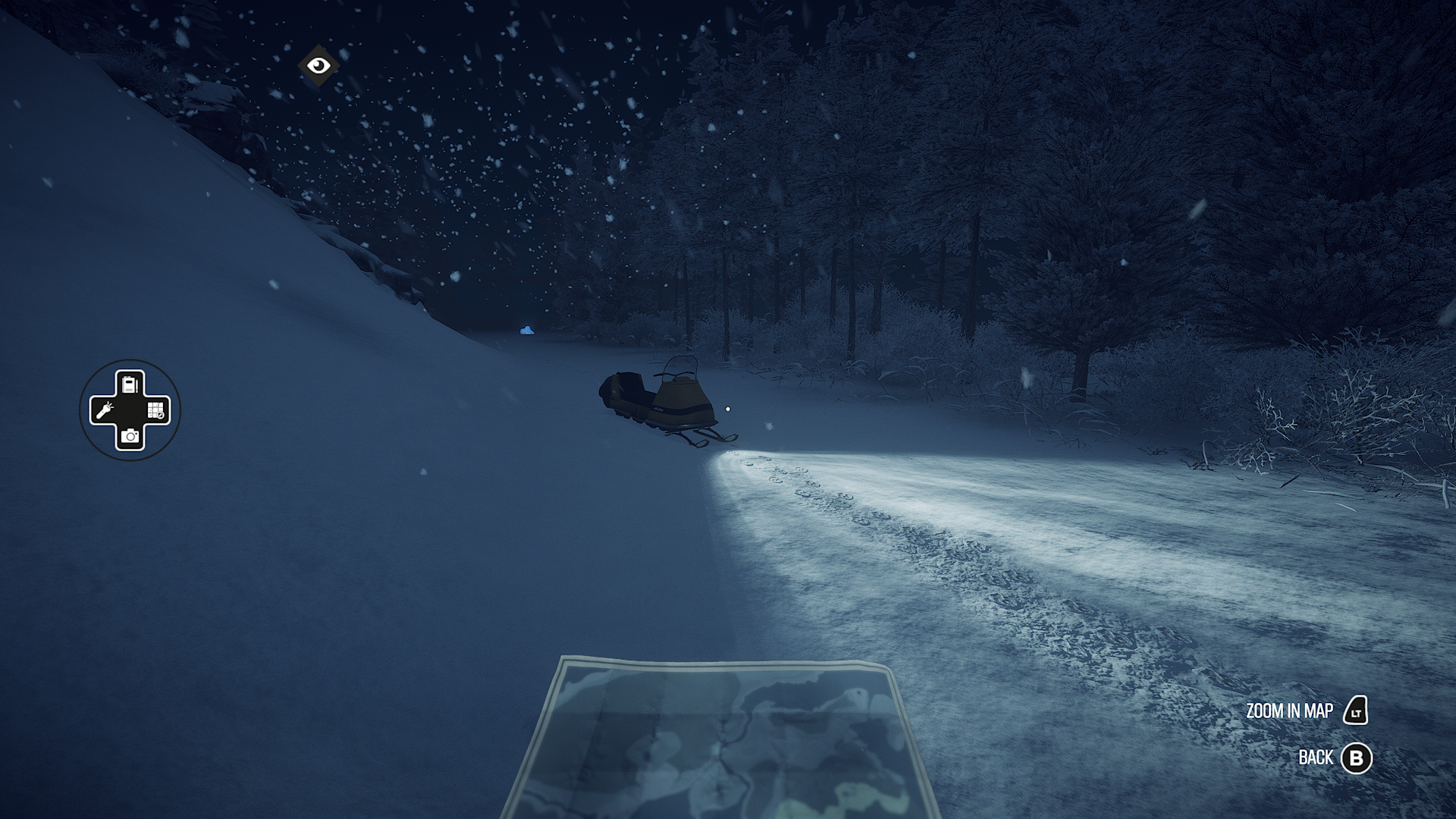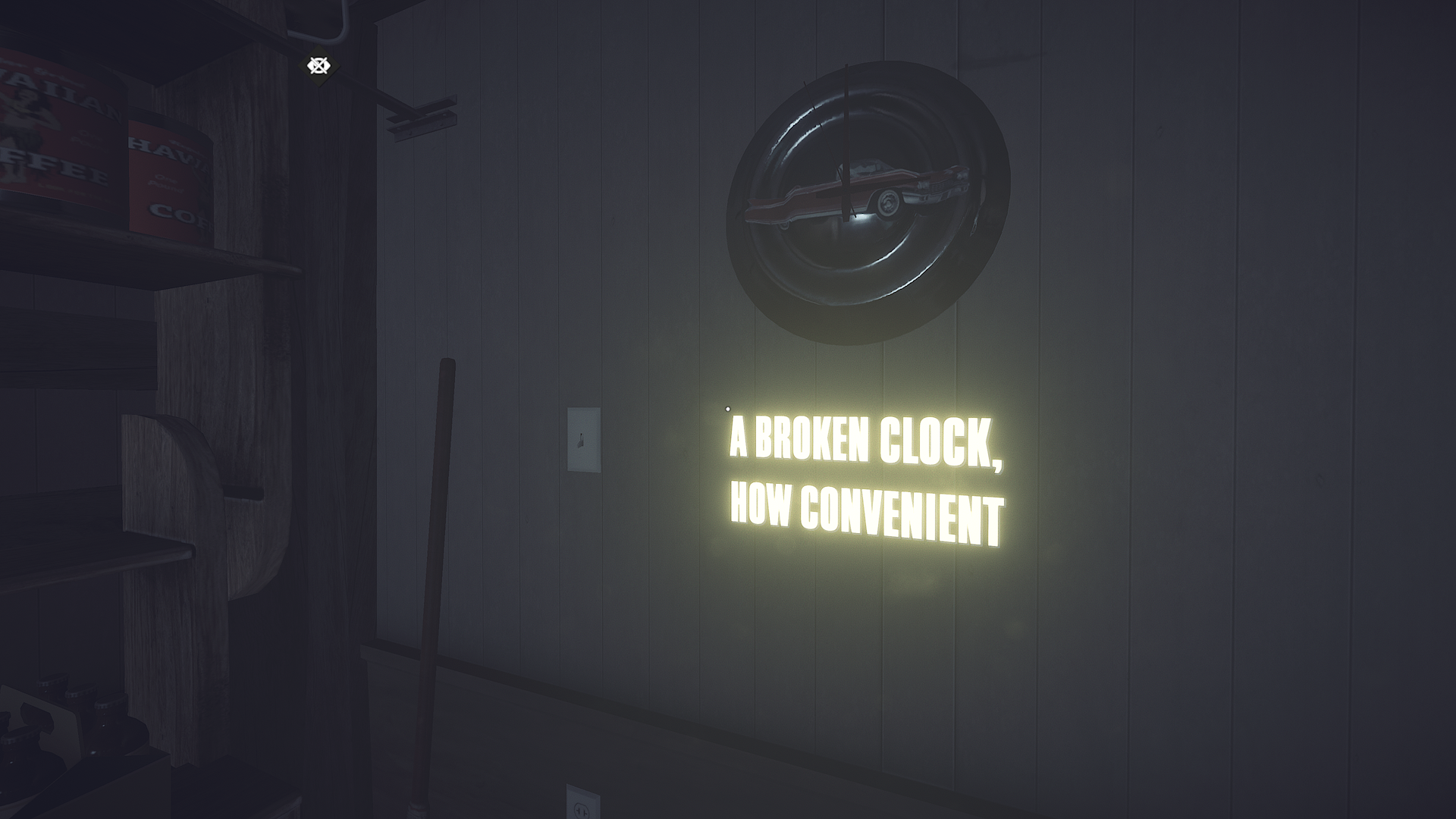Kona Review
Played on Xbox Series X
Developed by Parabole
Released 17th March 2017
Parabole is a Canadian-based development team that consists of no more than 10 members, operating on an indie level. Like many other indie teams in the industry, Parabole was founded by those who already had a foot in the door with the likes of Lemieux, Charbonneau and Fiset having come from Beenox's shelters. Around the time the trio went off to make their own company, Beenox was also shifting from leading original game development to acting as a support group for other developers, meaning that the Parabole's founders already had their fair share of developmental experience given that Beenox, with Activision's blessing, used the Spider-Man IP to create their masterpiece of 'Shattered Dimensions' and it's lesser sequel 'Edge of Time'. Despite this, the three of them wanted to start fresh and did so by establishing the studio's goal: make short games for people who don't have much free time to spare.
Opening a Kickstarter for their new game in 2014, the crowd-funded campaign reached $40k in a month with the help of 1300 people. Even with the support, 'Kona' would need more if it wanted to be realised fully and, as the lead developer Fiset would reveal, the game required the help of the Canada Media Fund to go forth, allowing the game to go into Early Access in 2016 and experience a full release a year later. Going onto a Twitch livestream, Fiset would reveal that, even though they still wish to get paid like normal, everybody's goal in the development team was to make something great and unique. Unfortunately for them, 'Kona' for me simply didn't reach the highs that they set out to make.
Story
Narratively, 'Kona' started with a strong premise but would progressively fall flat on its face. It's 1970 and you follow Carl Faubert, a private investigator hired to arrive in the snowy town of Nord-du-Quebec. What unravels is this murder mystery in a seemingly abandoned town, with some supernatural occurrences sprinkled throughout the way. The way the plot paces itself out and connects all of its murder-mystery threads were done in a pleasant manner as you uncover the truth about anything - whether it be the growing frustration of the towns' members or the falsified autopsy from the past - having more mystery get added to a non-overwhelming degree.
One of my biggest gripes with storytelling is when a perfectly fine and grounded narrative gets bogged down with supernatural elements that deviate away from an otherwise better-quality conclusion. Unfortunately, this was such the case with 'Kona' but not to a detrimental level as I've seen it in other games. The supernatural elements here simply didn't fit the ongoing story. The odd frozen crystals, the wild visions of the frozen bodies, all of these components felt disconnected at times and they didn't build up the groundwork to make the full-supernatural ending confrontation feel like anything but cheap unfulfillment. The ending was simply inconclusive. It rushed through wrapping up the whole murder mystery town plot, all to introduce us to the supernatural encounter that serves less as a plot device for concluding a finale, and more as a horror-thiller shock value moment that ends abruptly. Starting with an atmospheric snowstorm, car crash and murder scene felt like the beginning of an engaging detective novel, but the rough and frantic additions of the supernatural undermine and bring down that intrigue and enigma that came with the intro.
Gameplay
'Kona' has a satisfactory combination of survival and investigatory mechanics that, even if both are quite borderline and nothing revolutionary, did provide for a pleasant 4-hour experience. Throughout the game, you'll find yourself walking amongst the snow-covered town and entering its empty buildings. Outside you'll mostly deal with the survival mechanics of the game where the player has to handle their health, warmth and stress level to stay alive. To do so you have a variety of ways, whether it's using a medkit, standing next to a fireplace or cracking open a beer and cigarette. The stress level was a neat idea that I probably had underappreciated during my time with it as, in hindsight, it did trigger me to seek out items or be more careful along the way, instead of just hopscotching my way between fireplaces on the map. When the stress level severely dropped, it did make its rampancy felt during the high-drive moments like finding your first corpse or being attacked by wolves, but as the game progresses, its urgency and the pulsating effect on your screen did feel forced at times. Out in the wilderness will be a little bit of combat too. You can wield a gun like a pistol or a rifle, or you can swing your axe or hammer which often was the easiest solution to all 5ish wolf attacks that happen in the game. The combat here feels so incredibly barebones, flavourless and extremely out of place - like a last-minute feature that a publisher pushed to have in there despite it jolting the thematic pacing to a halt.
While inside the properties, you'll do your fair bit of scavenging for supplies for the outside haul, but my favourite part and the element I believe should've been highlighted more, was the investigations. Piecing together the clues that the town was in disarray via the protagonist's detailed clues in their journal, watching the ghosts of the past enact distress and point you towards your next clue, or piecing together the items you've scavenged to help you along the way, were all elements that I heavily liked but were unfortunately limited in presence despite having such solid foundations. There are some puzzles here but none that make the investigation aspect shine through. They're quite lacklustre and don't need much of a thought process as you drive between the houses to pick items up for a specific sequence.
Navigating through the world is quite interesting as, despite the car being a slippery mess, it was fun to manually check a physical map to see where you are. While intriguing in theory, it became slightly tedious by the time the game concluded. It's quite compelling because despite 'Kona' having very basic fundamentals and nothing of speciality to grab your attention with, the way it puts together the rudimentary elements like a stress management bar or the journal full of details is enough to hook you in. I've played several games with this first-person, ghost-of-the-past walking simulator memo, especially as they sort of became a trend in the late 2010s by indie teams, and while 'Kona' doesn't stand out as the greatest thing out of the sub-genre, it does a couple of things in a decent enough way that it keeps you engaged for its short duration.
Characters
Besides the narrator that spoke for the protagonist, there was only one other character in the game: old man Rosaire. Interacting with this senior was quite entertaining as he was filled with personality that both complimented the harshness outside of his cabin, but contrasted it with how self-assure he was. The brief encounter you have with him was one of the moments in the story that I found myself hooked back in as I was starting to get lost with the whole supernatural over-indulgence, however, that could also be because he's the only NPC you'll find, making his moment special out of scarcity moreso than quality. As for the narrator, he's fine. They don't add or detract from the story and, while accompanied by smooth voice acting, I was unbothered by their whole presence. Though, they tend to blabber on for too long about the most minute things, but luckily, there is a setting to lower his speaking frequency.
Atmosphere
The atmosphere was excellent. I absolutely loved the desolate snowstorm energy of the town and its wholly wooden cabin-esque architecture. The interiors being as empty or ransacked as they were further added to this with an almost horror aesthetic that would build up (before being disappointingly released when engaged in the meh combat against wolves). The user interface was also very slick and felt bold and unique within itself.
As for the audible side of things: the soundtrack was solid. While I didn't find it to be memorable during my playthrough, revisiting it for the purpose of the review made me realise just how oblivious I was to good music. Each track has this soft guitar plucking that feeds into this rural town vibe, but the drum backing being a higher tempo contributed to the mystery aesthetic. There are some tracks that have that generic looming "mystery" sound you find in practically every movie, but even then, they do suffice and make for something audibly engrossing. My assumption as to how the soundtrack wasn't this apparent to me during gameplay was that it was either heavily subdued and present in the necessary moments, or it blended too well into the game's background that it had as much impact as the foliage around. In each case, this means that the music was underutilised. The sound effects of the footsteps in the snow or the doors creaking open were serviceable with no noticeable flaws or benefits.
Story - 5/10
Gameplay - 6/10
Characters - 6/10
Atmosphere - 7.5/10
MEDIOCRE
Weak in the knees but strong in its footing, 'Kona' has the ideas and set-up for something enthralling, but its execution drops in quality as the game progresses.




